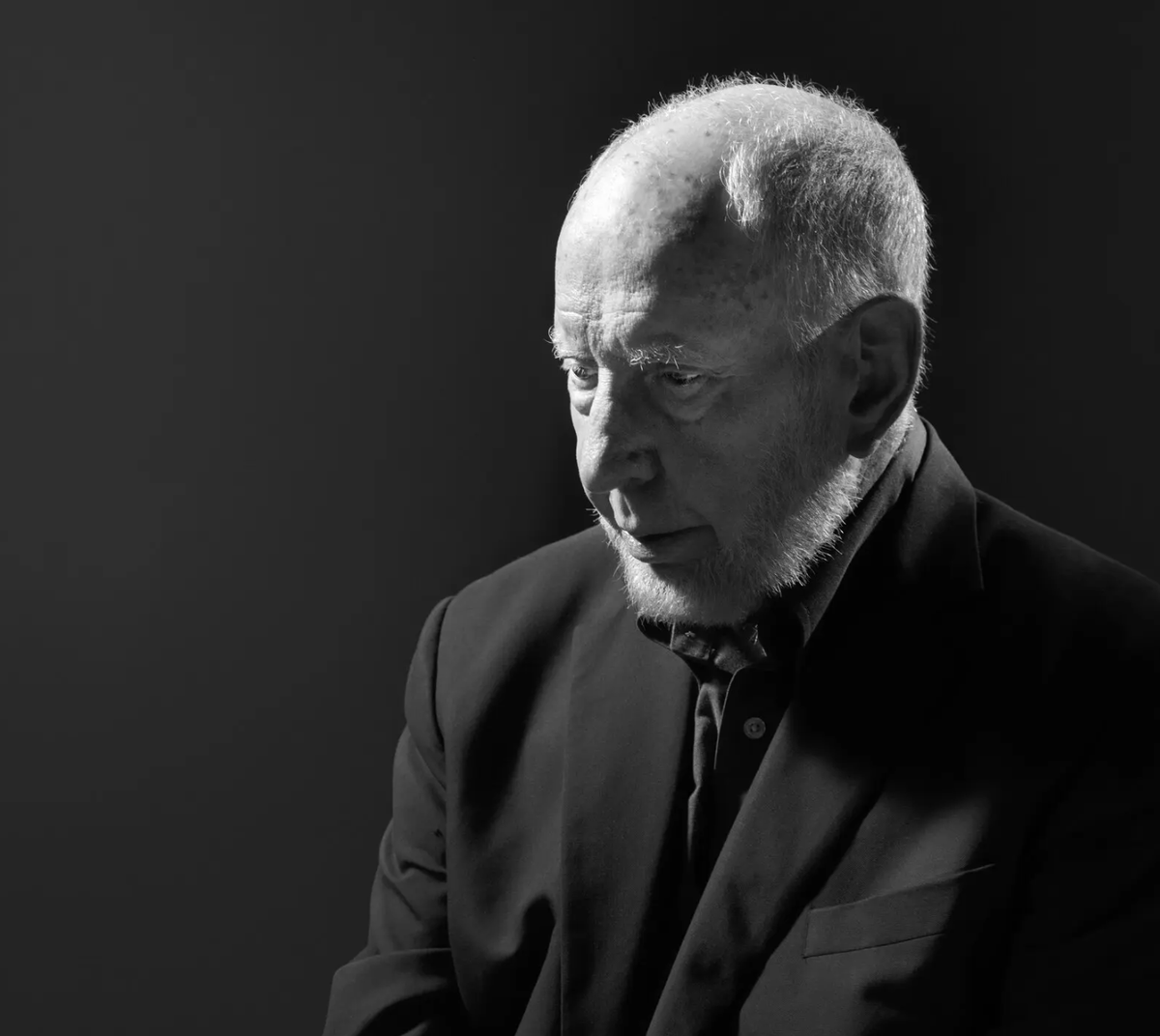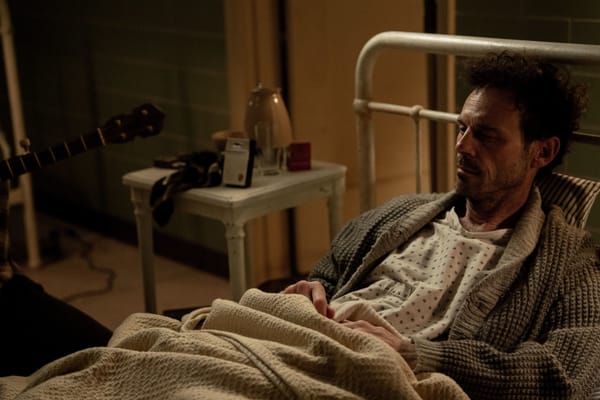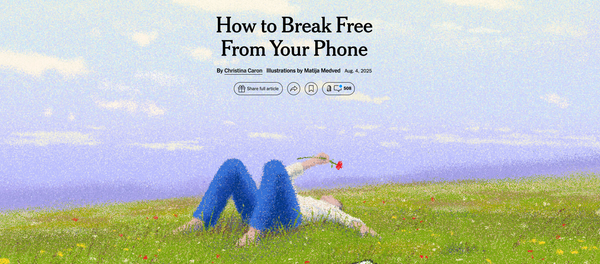Listening Notes: "Robert Putnam Knows Why You’re Lonely"
Two impressions from a new interview with one of my standby researchers

I engaged quite a bit in my dissertation with political scientist Robert Putnam.
Putnam studies "social capital," basically how connected we are to each other. I'm so interested in Putnam because I think we are almost always interpreting church decline through the wrong primary lens.
Can members of most churches be better evangelists? Sure thing. Can we better at leading lifelong formation and encouraging robust discipleship? Absolutely.
Churches are caught, along with practically every other form of informal and institutional membership, in a decades-long, slow-motion tidal wave of disassociation. If our interventions and innovations as church leaders are only theological, or only liturgical, or only ecclesiological, we are not addressing a major root cause of decline—the part that isn't really about us as religious people, but rather as members of a society that is forgetting how to do community.
We have to understand and respond to the reasons why so many people aren't joining ... well, anything: not bowling leagues, not service organizations, and not faith communities.
So that's why I'm into this guy. Thanks for coming to my TEDTalk-as-newsletter intro. Anyway ...
Putnam was recently interviewed on the excellent New York Times podcast The Interview by former NPR reporter and anchor Lulu Garcia-Navarro. She's a fantastic interviewer, an experienced radio journalist who understands how to use her voice and not just her words to probe a subtle point. (I highly recommend her recent interview with Pete Buttigieg, especially if you like him but would like to hear him be asked hard questions by someone besides Fox News anchors.)
I've listened to a ton of Putnam interviews from across the decades since his publication of Bowling Alone. Here are two important points I don't think I'd heard from him before, and some connections to the work of this newsletter.
Trust vs. Trustworthiness
[Q] The idea is that you’re running with someone [in a running club], you learn that you can care for people and people can care for you, even people that are different, and therefore, you’re more likely to then trust that government and institutions are actually working to help you, too? [A] Yes, but I would say that the causal sequence is you begin with trusting other people, and the trusting in other people produces a government that’s trustworthy. The virtue here is not trust, it’s trustworthiness. That sounds like a silly difference, but trust without trustworthiness is just gullibility. I’m not an advocate of pure, blind trust. I’m an advocate of trustworthiness. I want other people to be trustworthy of my trust, and I want the government to be trustworthy.
Without getting super into the technicalities, I think it's fair to say that the way Putnam has refined his argument over the years is thinking more and more about moral leadership. As the breakdown of "bridging" social capital leads to polarization, what are we to do? Start, he says, be being trustworthy, and demanding trustworthiness in the people you choose to trust.
Joy vs. Duty
[Q] Does it matter what kind of a club you join? Is there a tension between what might be more enjoyable for you and what might be better in terms of saving American democracy? [A] That’s a tough question, and I’m not sure I have any answer to it. It’s got to be fun. I mean, building social capital is not like castor oil — “you’ve got to take it because it’s good for you, even though it feels awful.” It ought to be fun. I am famous as the advocate of bowling clubs, but you don’t bowl so you can build a better community, you bowl because it’s fun. And in the doing of the bowling, in a team, you’re hanging out with folks and sometimes you’re talking about the latest TV show, or occasionally you might talk about the garbage pickup in town. And that’s democracy. Doing democracy doesn’t just mean — of course it means voting or it means organizing. I’m a political scientist, so I’m not opposed to that. I’m just saying, Don’t think the way to save democracy is just to set out to save democracy.
I have gotten this so so wrong in the past. My spouse jokes that my tombstone will read "He was nothing if not dutiful." But those past mistakes have only strengthened my conviction about how to do better in the future.
When I started studying out-of-school learning with researchers who care about court-involved youth, foster youth, and other young people whom society has taught us to call "at risk," the biggest thing that struck me was how much fun these researchers were having with the people they studied, served, and learned from.
In fact, the activities I found myself reading about in journal articles and hearing about in podcast interviews sounded like the kind of fun, project-based "gifted and talented" programming I'd participated in when I was a kid.
It turns out the fun is a feature, not a bug, for leading learning with any kind of student. Joy is the catalyst to change, not the reward for accomplishing it. Play is how we learn, not a distraction from it.
Motivation, human dignity, a sense of purpose—these essential needs and values are deeply connected to our sense of enjoyment.
This is A (Christian) Formation Playbook not because discipleship, religious education, and spiritual growth are a duty, though I have no qualms with believing they are. It's a playbook because having fun together is the gateway to belonging together.
**
P.S. There's a new documentary out about Putnam, and my pal Nurya Love Parish and her former community appear in it! I can't wait to check it out, and I hope you will too.



